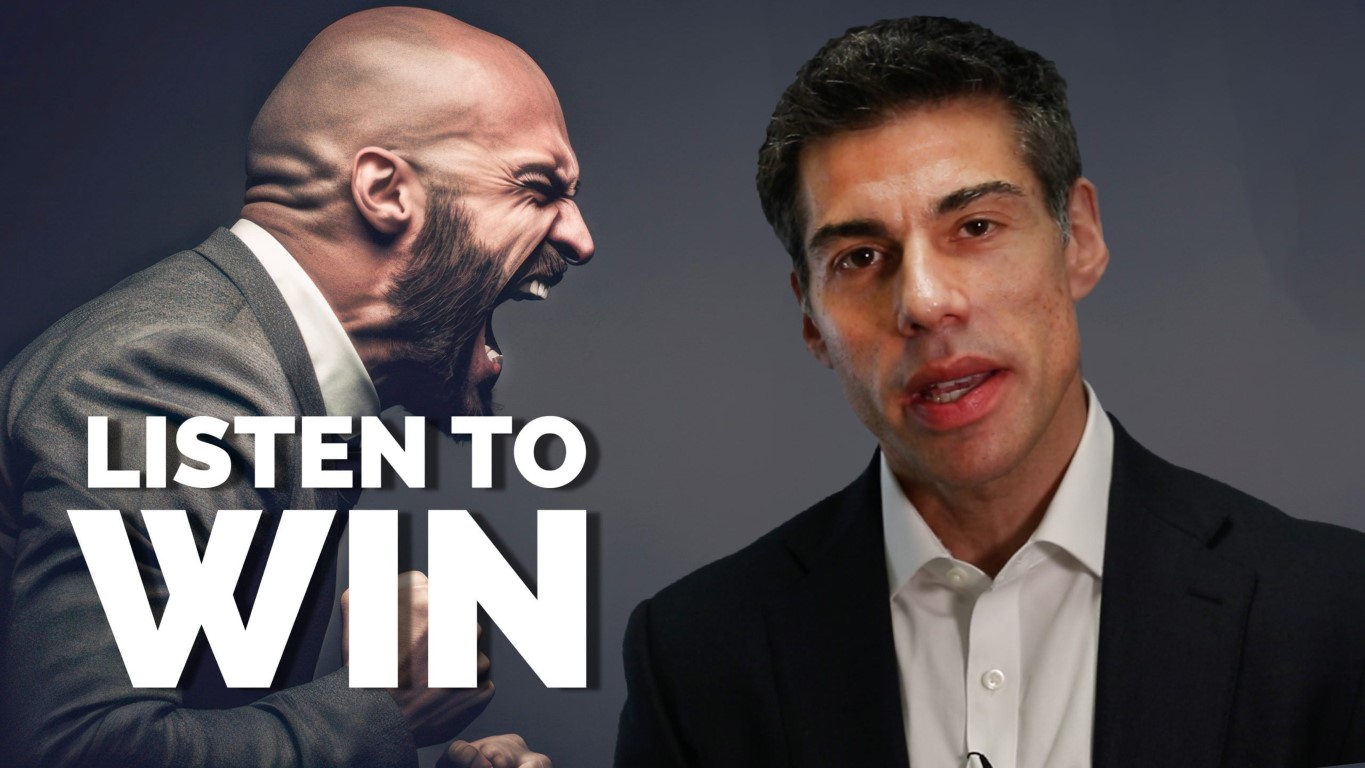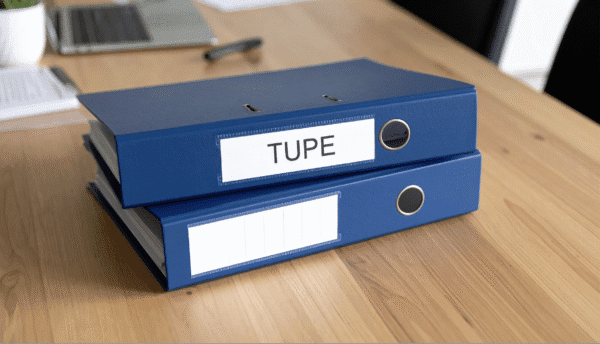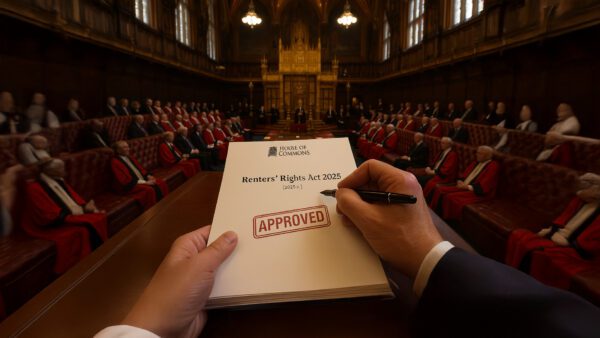Litigation and dispute resolution is complex and, mostly, adversarial. Most view the opposing party as the enemy and, like battle, there is conflict and confrontation, with each side seeking to control and defend their position.
Some lawyers see it as a battle of words and arguments, where the loudest voice prevails, but beneath the surface of the legal proceedings, there lies a quiet yet immensely powerful tool that can turn the tide in favour of those who employ it effectively: active listening.
Of course, legal expertise and persuasive arguments are vital components of success, but active listening cannot be underestimated.
In this article, I’ll discuss the importance of listening to the other side,explore the benefits it can bring, and offer practical tips on how to incorporate this invaluable skill into your strategy.
The Power of Listening
“Nothing I say this day will teach me anything. So if I’m going to learn, I must do it by listening.” Larry King
Understanding Your Goal
Effective communication is at the heart of any successful dispute resolution strategy. It operates on two levels. The first is understanding my client’s perspective and objective.
As I discussed in an earlier post, it is necessary to actively engage with clients to comprehend properly their emotions, concerns, and ultimate goals. This understanding is essential for crafting a compelling legal strategy that aligns with their objectives.
The second level, which is often overlooked by some lawyers, who may focus too much on presenting their own arguments, is to lend an ear to the opposing party and (if the opportunity presents, for example at a mediation) their clients. Listening to what they have to say can be a game-changer in resolving cases more efficiently.
1. Gain Insight Into Their Perspective
“When you talk, you are only repeating what you already know. But if you listen, you may learn something new” – Dalai Lama
Listening allows you to gain a deeper understanding of the other side’s perspective, motivations, and concerns. By actively listening you can uncover valuable insights that may not be readily apparent from the documents or formal communications. Failing to actively listen may result in missed opportunities or overlooking facts that could be detrimental.
This can provide critical information which can help identify and adapt legal strategies as needed.
2. Building Empathy and Persuasion
Showing a willingness to listen, can create an environment that encourages open and constructive communication. By establishing a channel for dialogue, this can lead to more productive negotiations.
Even if a settlement is elusive, understanding the emotions, concerns, and motivations of clients and opposing parties may help the development of a more nuanced strategy to enable the presentation of the case in a more persuasive and compelling manner.
3. Facilitating Conflict Resolution
Through active listening, you may discover common ground or shared interests between the parties. This commonality may pave the way for a more amicable resolution. It can provide opportunities to explore the common ground, potential areas of compromise and mutually beneficial solutions that might meet both parties’ needs. It’s often easier to build on common ground than to push opposing agendas.
Practical Tips for Effective Listening
Now that we understand the importance of listening, here are some practical tips on how to incorporate this skill into your litigation strategy:
- Pay attention: Give the speaker your undivided attention; look at them, avoid being distracted by your environment: “Listening is about being present, not just about being quiet” – Krista Tippett
- Demonstrate that you are listening: Show that you are engaged by nodding, making eye contact, and providing verbal cues or encouragement for them to speak like “I understand” or “Tell me more.”
- Avoid Interrupting: It’s crucial to let the other party speak without interruption. Let them finish as interruptions can frustrate, cause tension and may derail the conversation.
“The word listen contains the same letters as the word silent” – Alfred Brendel
4. Stay Open-Minded
Approach each conversation with an open mind, free from preconceived notions or judgments. This will allow you to absorb information without bias.
5. Clarify and Ask Open-Ended Questions
Reflect what has been said, to check you understand correctly, and encourage the other side to share their perspective by asking open-ended questions. These questions require more than a simple “yes” or “no” answer and can lead to a more in-depth discussion.
Maintain Professionalism: While listening, remain professional and respectful: the goal is to foster constructive dialogue, not engage in attacks.
Conclusion
Listening is a deceptively simple skill that is often overlooked in its power. In litigation, where legal battles are fought with words and evidence, active listening is not just a soft skill; it is a strategic advantage.
Lawyers who prioritise active listening are better prepared to understand their clients, communicate effectively, gather crucial information, build empathy, and ultimately achieve successful outcomes.
To discuss any of the points raised in this article, please contact Robert Kay or fill in the form below.









